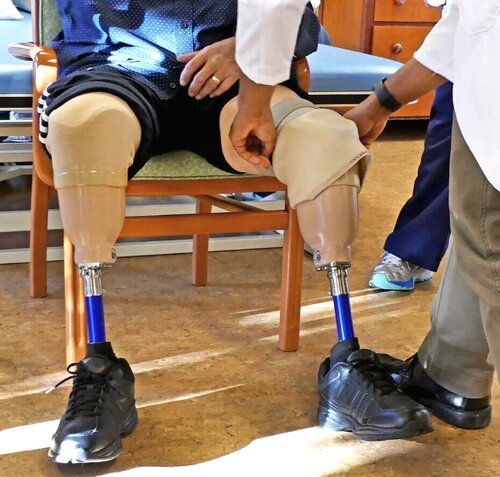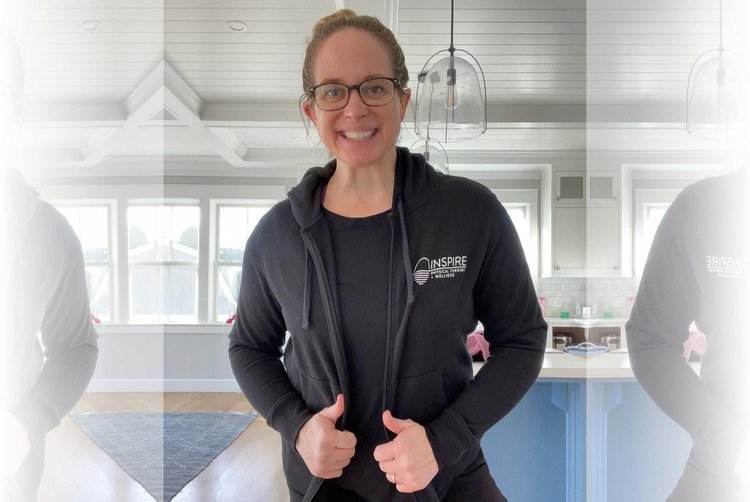As we kick off the new year, let’s focus on a crucial aspect of our daily routines – showering. January is officially designated as Safe Shower Month, and we’re here to share three occupational therapy-driven tips to ensure a secure and enjoyable shower experience.

Safety Tips:
These personalized strategies enhance independence and minimize the risk of accidents.
Grab Bars for Stability:
One of the key recommendations from occupational therapists is installing grab bars in the shower area. These sturdy bars provide essential support for balance and stability, helping older adults maintain their independence while minimizing the risk of slips and falls.
Non-Slip Mats and Flooring:
Consider adding a non-slip mat inside the shower and opting for textured or non-slip flooring materials. An occupational therapist can guide you in selecting appropriate materials and accessories to create a safer environment tailored to your specific needs and preferences.
Shower Seat Solutions:
For those who find prolonged standing a challenge or have balance issues, we recommend the use of shower seats or benches. These provide a secure and comfortable place to sit while showering, promoting independence and reducing the risk of accidents.

How can an Occupational Therapist help you?
Collaborating with an occupational therapist brings a wealth of benefits when it comes to shower safety and overall well-being. These professionals specialize in assessing individual needs and developing personalized strategies to enhance daily activities.
Working with an occupational therapist can provide:
Personalized Assessments:
Occupational therapists conduct thorough assessments to understand your specific challenges and needs in the shower, ensuring tailored recommendations for a safer environment.
Skill Development:
Through targeted interventions, occupational therapists empower individuals with the skills and techniques necessary to navigate the shower independently and confidently.
Environmental Modifications:
Occupational therapists guide you in making necessary modifications to your bathroom, recommending adaptive equipment and assistive devices to optimize safety.






